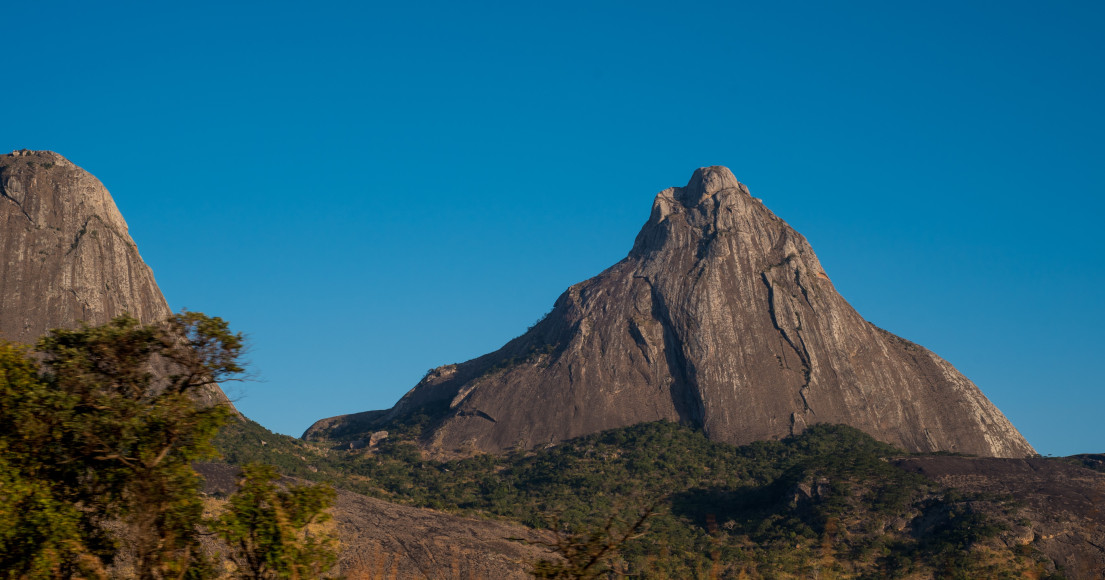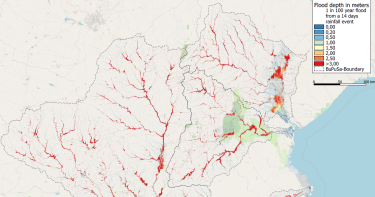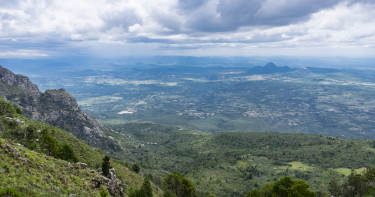

Climate risks mapped for Mozambique and Zimbabwe
Questions? Let's get in touch.
Flood protection across borders
Mozambique and Zimbabwe share several river basins, including the Buzi, Pungwe and Save basins. In recent years, communities around these basins have increasingly experienced extreme weather events. In 2019, tropical cyclone Idai, among other events, resulted in significant loss of life and the destruction of local infrastructure and property. Therefore, Antea Group is committed to making the region more resilient to emerging climate risks.


